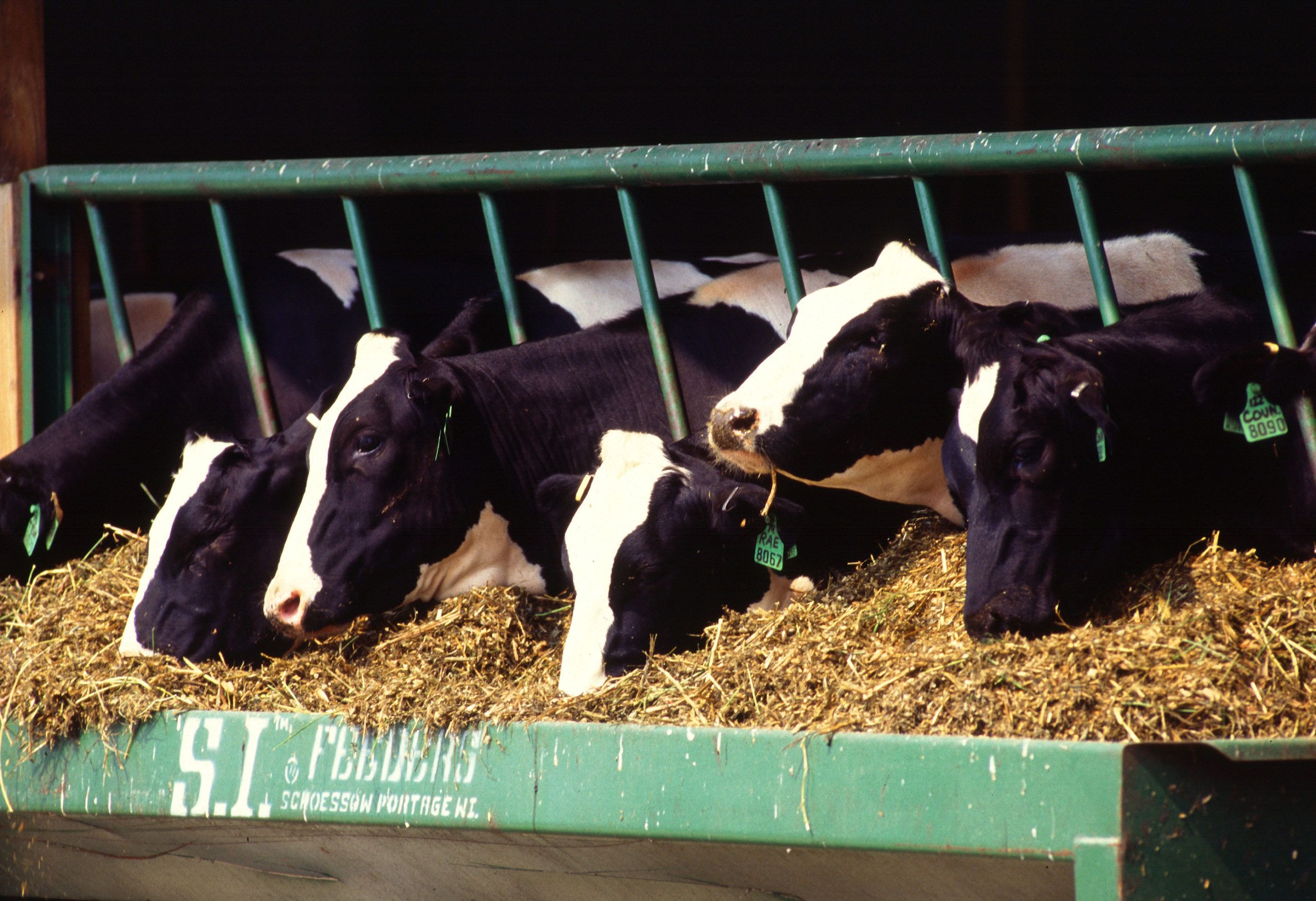Craigmore Sustainables, the New Zealand dairy fund manager, held the first close of its second dairy fund this week on NZ$75 million ($50 million). The fund attracted a large cornerstone commitment from a large public sector pension fund in Europe, as well as a group of smaller investors.
The fund, which is targeting NZ$300 million overall and expects to announce a final close in 2016, is Craigmore’s third collective investment vehicle in New Zealand where the firm also invests into permanent crops and forestry.
Its most recent fund, Craigmore Dairy Partnership I, closed on NZ$225 million ($147 million) in October 2014. And the existence of this previous fund opened up a new set of investors to Craigmore.
“What you get when going back to the market with a bit of a track record, which we now have — the first partnership did roughly said we said it was going to do in terms of deployment and setting up an operating business — is the ability to talk to investors that have a policy of no first-time fund managers,” said Nick Tapp, chairman of Craigmore.
Experience investing in the sector also helps, and is on the rise in the institutional investing community; the public sector pension fund had invested into agriculture before.
“It’s definitely easier to talk to someone with previous experience of agriculture investing,” Tapp told AgFunderNews.
Ensuring an understanding of the cyclicality of agriculture was essential during the fundraising process as dairy prices, as with other commodities, have been depressed for several months, only recently coming off 13-year lows. And this has pushed farmland values in New Zealand down 18.6 percent year-over-year in October, according to the Real Estate Institute of New Zealand.
“The big challenge for many investment managers raising funds across agriculture commodities has been where we are in the commodity price cycle,” said Tapp. “This causes concern until investors appreciate the cyclicality of the industry and until they understand that demand for most ag commodities has grown relentlessly at over 1 percent per annum for 50 years.”
Tapp also pointed out that dairy farmers can make quick decisions to help reverse falling prices by limiting production. “Grain farmers only have one sowing event and harvest each year; and once they’ve sown, they will most certainly harvest, so it can take longer to get a price response for grains,” said Tapp.
“Rabobank expects the brakes to be applied to milk production in export regions in the first half of 2016, although this will be less dramatic and less evenly spread than we had in mind a few months ago,” said Rabobank dairy senior analyst Kevin Bellamy in a recent report. “Pricing pressure will still build over our forecast period, but we delayed the timing of the recovery and envisage a somewhat weaker trajectory than we had a few months prior.”
Craigmore only has one direct competitor in New Zealand dairy that is Southern Pastures, a fund that closed on $300 million earlier this year.




